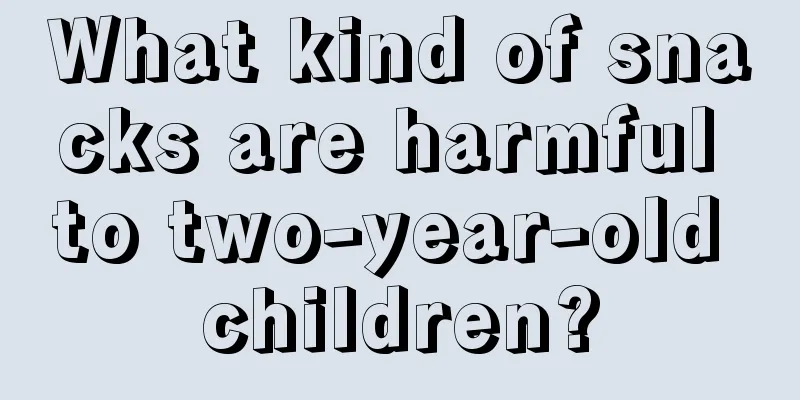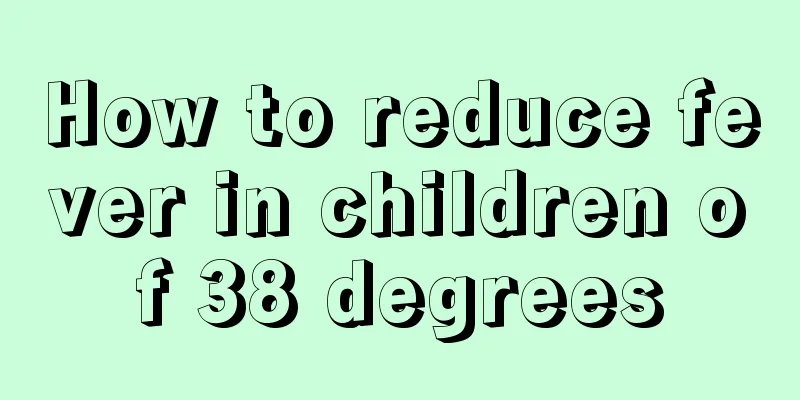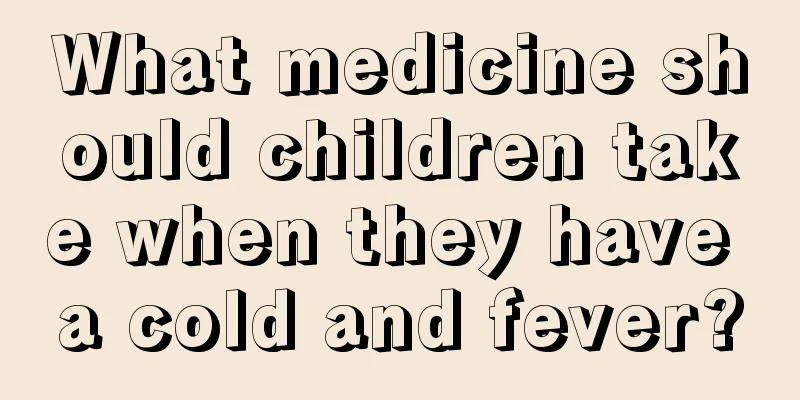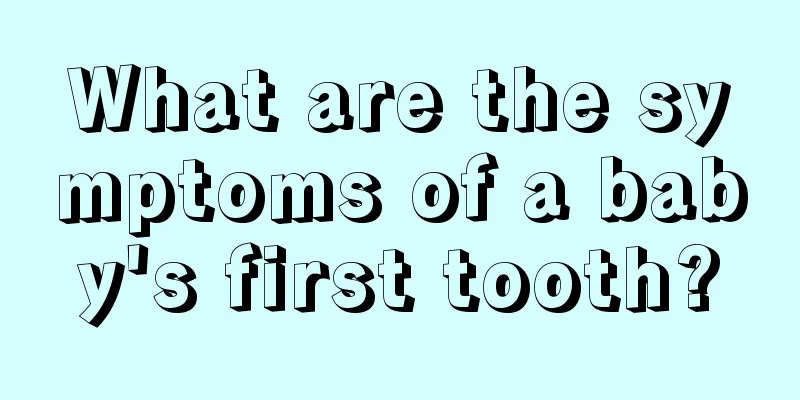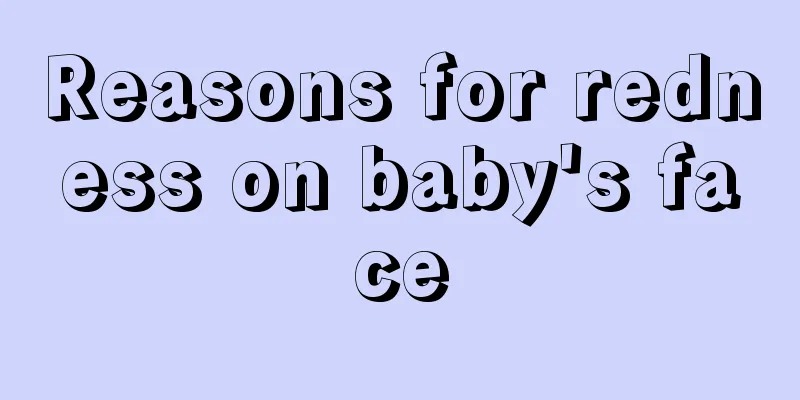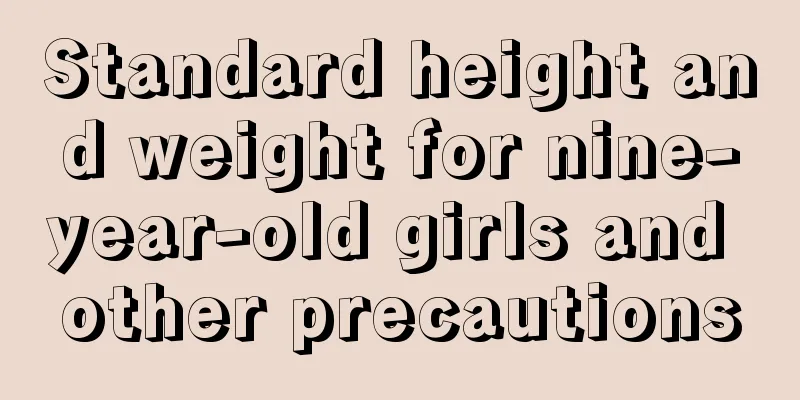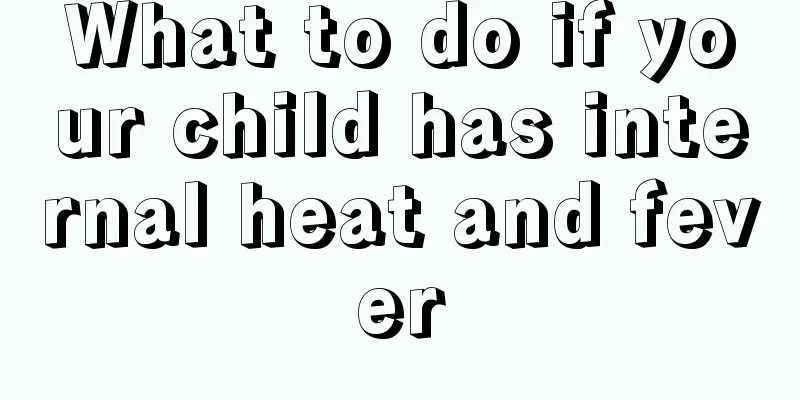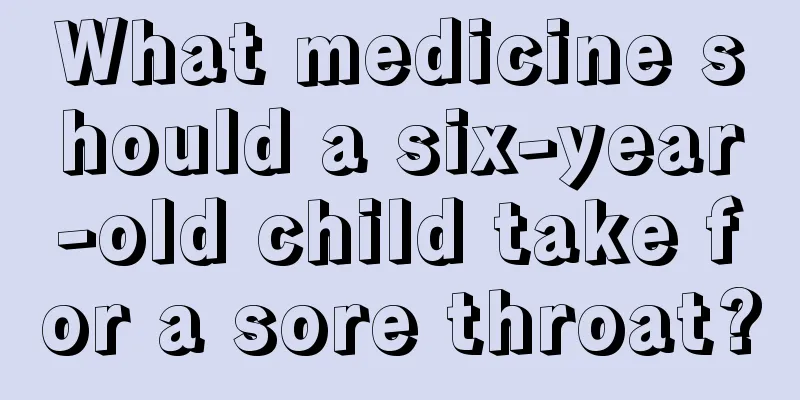What to do if your baby spits up after eating milk powder
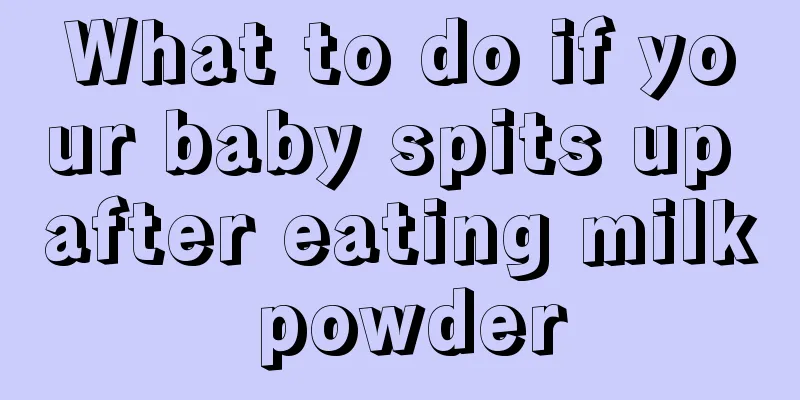
|
Babies need to make the transition from drinking milk to drinking formula. Many children are not used to it when they first start drinking formula, and often vomit. Such reactions make parents very worried. After all, if the child's nutrition cannot keep up, the damage to the body can be imagined. So, what should you do if your baby vomits after eating milk powder? Let’s take a closer look below. Reasons why babies spit up milk after feeding: 1. If the baby cries before feeding or eats too quickly, it is very easy for him to inhale air. When the air overflows from the stomach, the milk will be brought out and vomit; 2. The baby sucks for too long or does not suck milk, resulting in excessive air intake. 3. For artificially fed newborns, the nipple hole is too large, causing the milk to flow in too quickly, or the hole is too small, causing the sucking time to be too long, resulting in inhalation of too much air. 4. The formula is too hot or too cold. 5. The formula milk is over-diluted or the milk powder brand is frequently changed. 6. Lay the newborn flat or turn the newborn too much after feeding. Reasons why babies spit up milk after feeding: 1. If the baby cries before feeding or eats too quickly, it is very easy for him to inhale air. When the air overflows from the stomach, the milk will be brought out and vomit; 2. The baby sucks for too long or does not suck milk, resulting in excessive air intake. 3. For artificially fed newborns, the nipple hole is too large, causing the milk to flow in too quickly, or the hole is too small, causing the sucking time to be too long, resulting in inhalation of too much air. 4. The formula is too hot or too cold. 5. The formula milk is over-diluted or the milk powder brand is frequently changed. 6. Lay the newborn flat or turn the newborn too much after feeding. 1. If vomiting occurs while the baby is lying down, the baby's face should be quickly turned to one side to prevent the vomit from flowing backwards into the throat and trachea. 2. Wrap your fingers with a clean handkerchief and quickly clean the remaining vomit in the baby's mouth to prevent it from being inhaled into the trachea again. You can clean your nostrils with a small cotton swab soaked in warm water. 3. When the baby holds his breath or his face turns darker, it means that the vomit may have entered the trachea. At this time, let the baby lie prone on the adult's lap or bed and pat his back hard four or five times to help him cough up the milk. 4. If the baby's condition does not improve after the above rescue measures, parents should immediately pat the baby's feet to make the baby cry because of pain, forcing the baby to breathe more frequently and inhale oxygen into the lungs. The above is an introduction to what to do if your baby vomits after eating milk powder. I hope it will be helpful to everyone’s understanding. There are many factors that cause children to vomit after eating milk powder. The key is to find the correct way to feed the child and pay attention to the time interval between feedings. Do not feed too much milk each time and feed in multiple times. This can prevent the child from vomiting. |
<<: How old is the baby when he is weaned from milk powder
>>: Causes of asthmatic bronchitis in young children
Recommend
What are the symptoms of Pseudomonas aeruginosa infection?
Pseudomonas aeruginosa infection often occurs in ...
What ointment should be used for newborn eczema
Eczema is a particularly common disease in newbor...
How to lose weight for obese children
Children are growing and need more nutrition than...
Fried rice can cure baby's diarrhea
We all know that babies often have diarrhea when ...
What are the reasons for the thinning hair of four-month-old babies?
Watching their baby grow up slowly, I believe tha...
At what age should babies be dewormed?
At what age does a baby need to be dewormed? In t...
What should I do if my baby has a stuffy nose and runny nose?
The birth of a child is often accompanied by the ...
Can taking a bath with Artemisia capillaris cure jaundice?
Artemisia capillaris is a traditional Chinese med...
Children's dietary health knowledge
Many parents may not be so clear about the dietar...
What to do if your baby has a fever and repeated diarrhea
What parents are most worried about is their baby...
The child gets rashes when scratched
Children's health is the focus of every famil...
What should I do if my three-year-old baby gets hot?
Since babies' body functions are not fully de...
The role of trace element testing, how to check whether children are deficient in trace elements
If possible, of course every parent wants to give...
How to relieve nasal congestion in three-year-old babies
If a 3-year-old baby's nose is blocked, it wi...
The little bumps on the child's hands don't itch
It is a very common phenomenon for children to ha...
